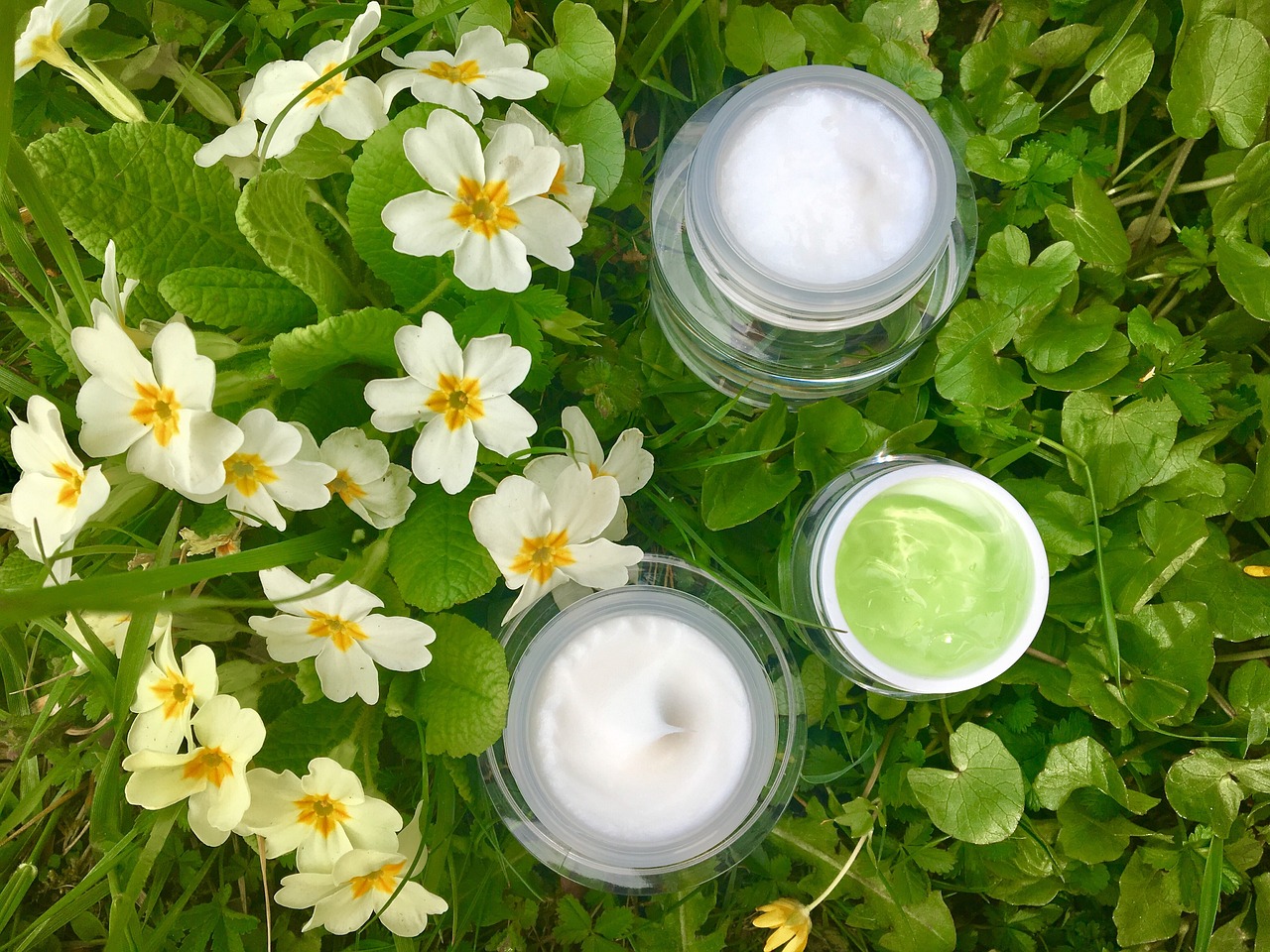The Science Behind Serums: Do You Really Need Them?

Serums have taken the skincare world by storm, often touted as a must-have for glowing, youthful skin. But what exactly are serums, and do you really need them in your skincare routine? Let’s explore the science, benefits, and whether adding a serum to your regimen is worth it.
What Are Serums?
A serum is a lightweight, fast-absorbing skincare product formulated with a high concentration of active ingredients. Unlike moisturizers, serums are designed to target specific skin concerns, delivering powerful ingredients deep into the skin.
Key Characteristics of Serums:
- Lightweight Texture: Typically water- or gel-based, allowing quick absorption.
- High Potency: Packed with active ingredients for maximum effectiveness.
- Targeted Action: Designed to address specific concerns like acne, wrinkles, or dark spots.
How Serums Work
The molecular structure of serums is smaller than that of creams or lotions, which enables them to penetrate deeper into the skin. This deep delivery allows the active ingredients to work where they’re most needed, making serums especially effective for visible results.
Benefits of Using a Serum
Hydration Boost
- Serums with ingredients like hyaluronic acid provide intense hydration, leaving skin plump and dewy.
Anti-Aging Support
- Vitamin C, peptides, and retinol serums can reduce fine lines, improve elasticity, and brighten dull skin.
Acne Management
- Ingredients like salicylic acid and niacinamide target acne-causing bacteria and reduce inflammation.
Improved Skin Texture
- Exfoliating serums with AHAs or BHAs promote cell turnover, resulting in smoother skin.
Brightening and Even Tone
- Vitamin C and niacinamide can fade dark spots and improve skin radiance.
Do You Really Need a Serum?
The Answer Depends on Your Skin Goals.
- If you have specific concerns like dryness, acne, pigmentation, or aging, a serum can be highly beneficial.
- If your skin is already healthy and low-maintenance, a basic moisturizer and sunscreen may suffice.
Choosing the Right Serum for Your Skin Type
Dry Skin
- Look for: Hyaluronic acid, glycerin, ceramides.
- Why: These ingredients help retain moisture and strengthen the skin barrier.
Oily or Acne-Prone Skin
- Look for: Niacinamide, salicylic acid, zinc, tea tree oil.
- Why: These control excess oil, reduce breakouts, and soothe inflammation.
Aging Skin
- Look for: Retinol, peptides, vitamin C, antioxidants.
- Why: These ingredients boost collagen production and reduce wrinkles.
Sensitive Skin
- Look for: Aloe vera, chamomile, centella asiatica (cica).
- Why: These are gentle and help calm irritation.
Hyperpigmented Skin
- Look for: Vitamin C, kojic acid, alpha arbutin.
- Why: These lighten dark spots and even out skin tone.
How to Use a Serum Correctly
- Cleanse: Start with a clean face to remove impurities and allow better absorption.
- Apply Serum: Use a pea-sized amount and gently press it into your skin. Avoid rubbing.
- Seal with Moisturizer: Follow with a moisturizer to lock in the active ingredients.
- Use Sunscreen: If your serum contains actives like retinol or vitamin C, always apply sunscreen during the day.
Common Serum Misconceptions
“More is Better”
- Overusing serums can irritate your skin. Stick to the recommended amount.
“Serums Replace Moisturizers”
- Serums are not substitutes for moisturizers. They deliver actives but don’t provide long-lasting hydration.
“All Serums Work the Same”
- Not all serums are created equal. Choose based on your specific skin concerns.
The Pros and Cons of Using Serums
Pros:
- Highly effective for targeted concerns.
- Lightweight and easily absorbed.
- Enhances the results of your skincare routine.
Cons:
- Can be expensive compared to other skincare products.
- Overuse or the wrong choice can lead to irritation.
The Bottom Line
Do you really need a serum? If you’re looking to address specific skin issues, a serum can be a game-changer. However, it’s not a mandatory step for everyone. Focus on your skin’s needs and invest in a product that aligns with your goals.
Would you like recommendations for serums based on your skin type or a guide on layering them with other products?
